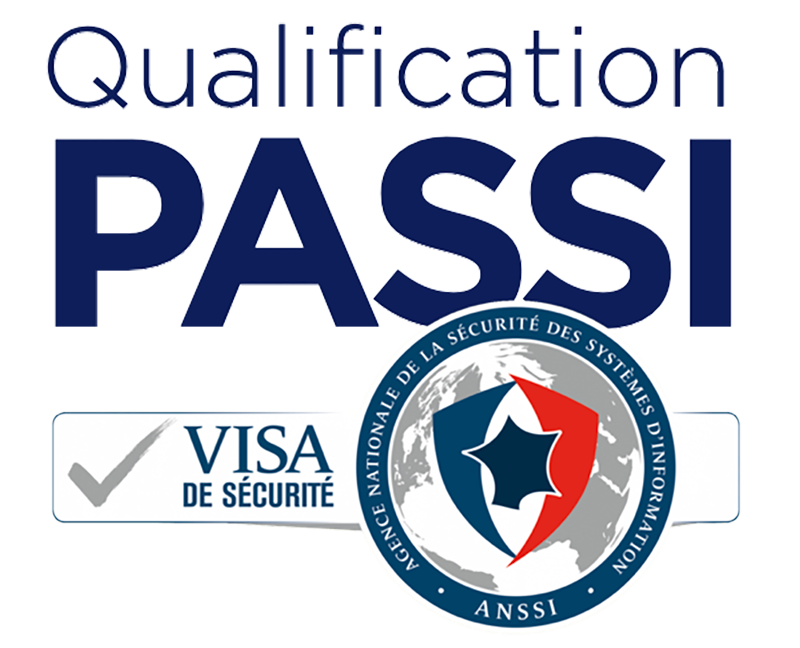Home > MiCA Regulation Audit and Compliance
The European MiCA (Markets in Crypto-Assets) regulation, which came into force in 2023, regulates the issuance and provision of services relating to crypto-assets. It imposes strict requirements on providers (PSAN/CASP), exchange platforms, and stablecoin issuers in terms of compliance, governance, security, and investor protection.
With Netsystem’s MiCA audit, you get a clear assessment of your level of compliance and a roadmap to ensure your activities are MiCA compliant.

The European MiCA (Markets in Crypto-Assets) regulation governs the issuance and provision of services relating to crypto-assets. It imposes obligations on industry players (PSANs, CASPs, platforms, stablecoin issuers) in terms of governance, transparency, investor protection, and operational security.
This applies to:
MiCA covers a wide range of crypto-asset services (CASP), including:
A MiCA audit allows you to assess your level of compliance, identify any gaps in regulatory requirements, and define an action plan for compliance. It is an essential tool for avoiding penalties and strengthening the confidence of investors, customers, and regulators.
MiCA imposes the following requirements in particular:
In summary: failing to comply with MiCA means risking fines, blockages, loss of customers, and exclusion from the European market.
That’s why MiCA auditing is an essential step in securing your business and turning regulatory constraints into a lever for trust.
The duration depends on the size of the organization and the complexity of its crypto activities. On average, a full MiCA audit takes between 3 and 8 weeks, including the analysis, interview, and reporting phases.
No, the audit is a preliminary step that allows us to assess the current situation. MiCA compliance then requires the implementation of recommendations, which can be supported by our compliance and cybersecurity experts.
The MiCA audit specifically covers regulatory obligations related to crypto-assets, incorporating governance, transparency, and compliance. The cybersecurity audit is complementary: it focuses on protecting systems and data. At Netsystem, we combine both areas of expertise.
We perform the security audit required by the AMF, in accordance with the PASSI scope (organizational & physical, architecture, configuration, intrusion testing, code review), and link it to your MiCA/DORA requirements.
Our approach combines technical expertise with in-depth knowledge of the specific requirements of the sector, providing comprehensive support that allows you to navigate the complex world of MiCA regulations with confidence. Together, let’s build a future where digital innovation goes hand in hand with security and trust.
KERIALIS, a social protection institution dedicated to legal and accounting professions, offers supplementary health, life insurance, long-term care, end-of-career compensation, and retirement benefits, as well as a range of services to support its policyholders on a daily basis.
The organization wanted to improve its operational resilience by complying with DORA regulations, which are specific to its sector of activity and, more generally, to financial services companies.
"As part of KERIALIS's efforts to comply with DORA requirements, we were looking for a service provider to support us.
We chose Netsystem for their promptness in contacting us, the quality of our discussions, and their quick response times.
NETSYSTEM is an agile organization with a strong ability to adapt and experienced CISOs, particularly in cybersecurity aspects related to DORA."Marie LEAO, Fonction clé conformité et Responsable du contrôle permanent chez KERIALIS
The PASSI qualification is issued by the French National Cybersecurity Agency (ANSSI).
It is intended for trusted service providers who perform organizational and physical security audits, as well as technical audits, on their own behalf or on behalf of their clients.
It is a real guarantee of quality and expertise for organizations looking for a cybersecurity consulting firm to audit their structure.
For PSCA accreditation under MiCA, the AMF has announced that it will require a security audit carried out by a PASSI-qualified external service provider (ANSSI qualification) and, in its sector discussions, strongly recommends the use of a PASSI provider as a guarantee of quality and comprehensiveness. This approach is consistent with the spirit of DORA, which strengthens requirements for ICT risk management and independent testing.

MiCA is a tremendous opportunity for crypto and fintech players to structure their business, strengthen investor confidence, and establish their legitimacy in the European market.
This regulation is not limited to a simple compliance exercise: it requires a genuine transformation in the governance, transparency, risk management, and operational security of crypto-asset service providers.
At NETSYSTEM, we support our clients not only in meeting the requirements of the regulation, but above all in transforming MiCA into a lever for growth. Our approach is based on a strategic vision, proven methods, and an ability to make regulatory requirements accessible and concrete for both business managers and technical teams.
For us, MiCA is an opportunity to strengthen digital trust in the European crypto ecosystem. And that is precisely our role: to help organizations become stronger, more transparent, and more competitive.Vincent FERRARA, Head of Digital Trust practice

To learn more about our MiCA audit and compliance support services, please don’t hesitate to contact us. We are here to help you secure your digital journey and turn cybersecurity challenges into real opportunities for growth.
No posts found!